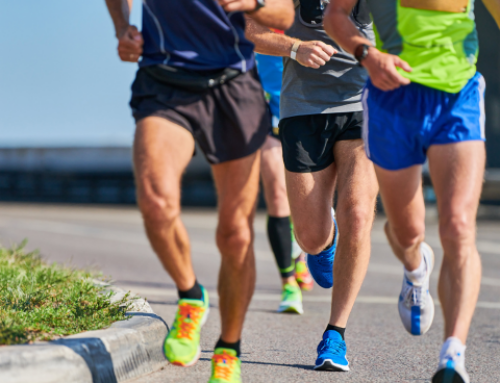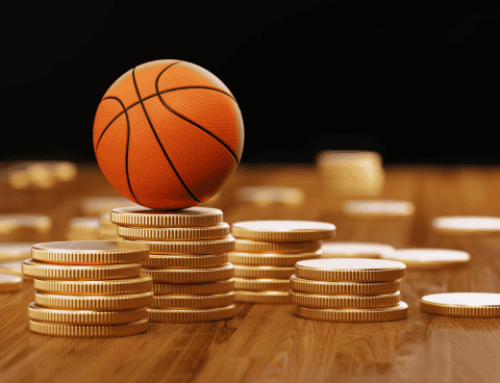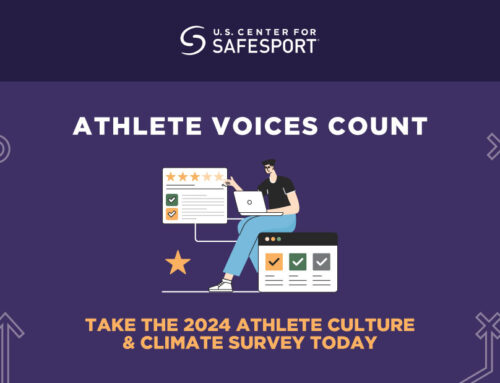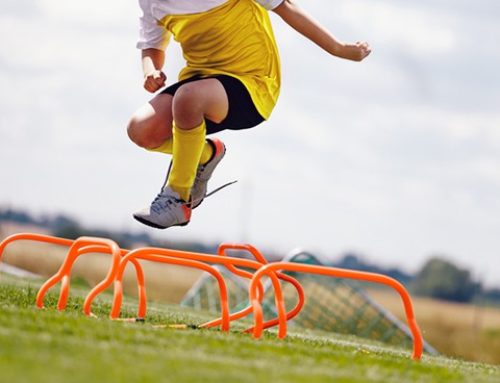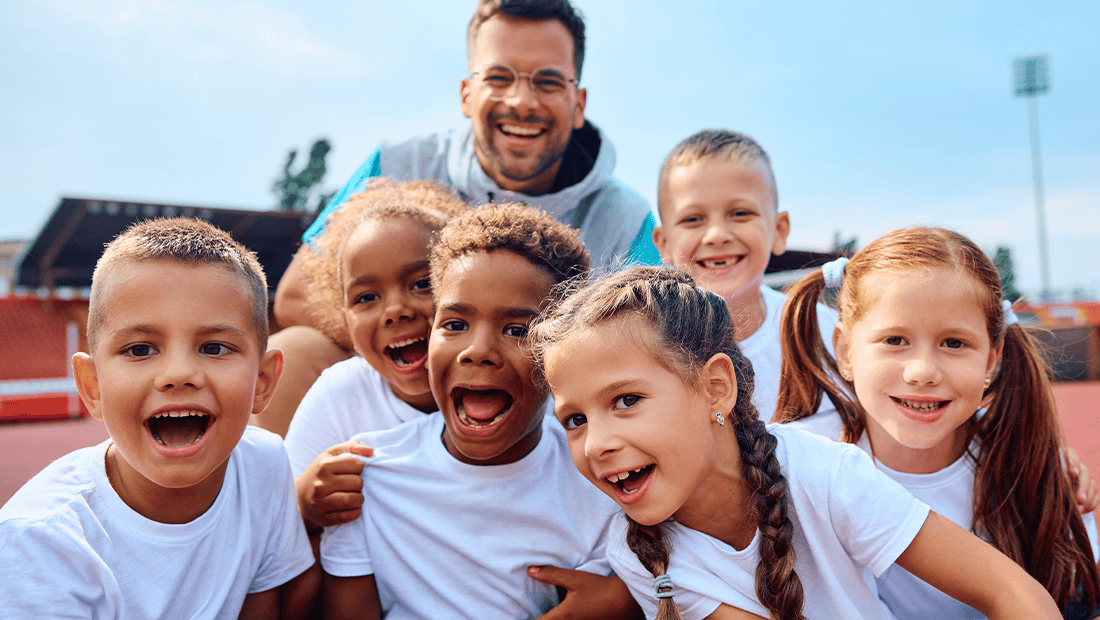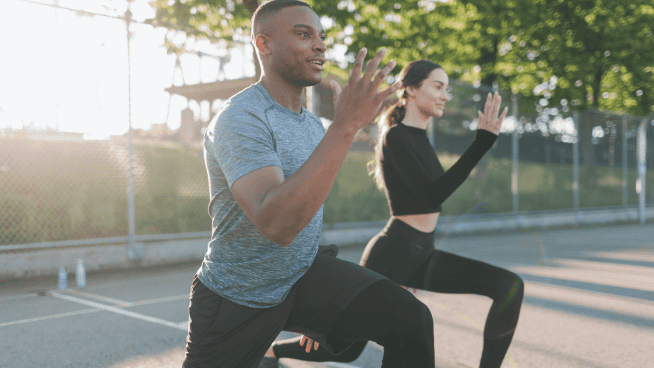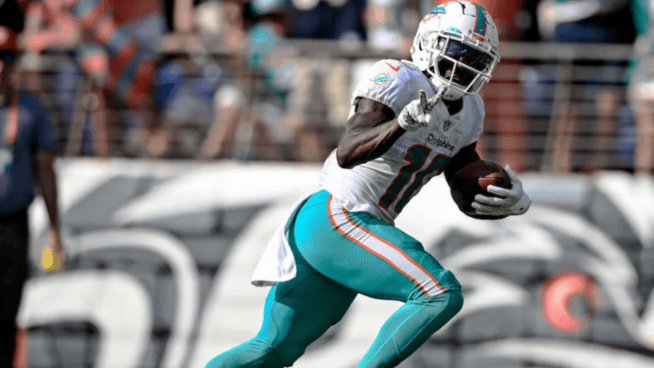Iron Deficiency and the Female Athlete
Do you know whether your body is stopping itself from performing at its highest level? According to Cornell University’s Division of Nutritional Sciences, to stay at their peak, female athletes should get tested for iron deficiency and anemia at the start of training season.
Cornell will team with the American Dietetic Association Foundation to publish a study in the December 2011 issue of the International Journal of Sport Nutrition and Exercise Metabolism, detailing the effects of iron deficiency on female athletes involved in endurance sports, such as long-distance running.
Following 165 non-anemic college-age women rowers from five New York colleges, the study found that those with low iron levels were, on average, 21 seconds slower than their healthier counterparts in a two-kilometer race simulation. Iron-deficient athletes not only see their performance suffer, they may also feel dizzy, fatigued or nauseated during competition.
According to the Mayo Clinic, female athletes can prevent iron deficiency by eating iron-rich foods along with Vitamin C. If you’re susceptible to iron deficiency, add foods like red meat, seafood, beans, spinach, kale, eggs and peas to your diet along with fruits and vegetables—like broccoli, tomatoes, strawberries and citrus fruits—which help the iron get absorbed into the bloodstream.
Adding extra iron to meals increases the amount of oxygen in blood cells, which boosts endurance and even increases muscle growth. That’s a natural way to get a competitive edge.
RECOMMENDED FOR YOU
MOST POPULAR
Iron Deficiency and the Female Athlete
Do you know whether your body is stopping itself from performing at its highest level? According to Cornell University’s Division of Nutritional Sciences, to stay at their peak, female athletes should get tested for iron deficiency and anemia at the start of training season.
Cornell will team with the American Dietetic Association Foundation to publish a study in the December 2011 issue of the International Journal of Sport Nutrition and Exercise Metabolism, detailing the effects of iron deficiency on female athletes involved in endurance sports, such as long-distance running.
Following 165 non-anemic college-age women rowers from five New York colleges, the study found that those with low iron levels were, on average, 21 seconds slower than their healthier counterparts in a two-kilometer race simulation. Iron-deficient athletes not only see their performance suffer, they may also feel dizzy, fatigued or nauseated during competition.
According to the Mayo Clinic, female athletes can prevent iron deficiency by eating iron-rich foods along with Vitamin C. If you’re susceptible to iron deficiency, add foods like red meat, seafood, beans, spinach, kale, eggs and peas to your diet along with fruits and vegetables—like broccoli, tomatoes, strawberries and citrus fruits—which help the iron get absorbed into the bloodstream.
Adding extra iron to meals increases the amount of oxygen in blood cells, which boosts endurance and even increases muscle growth. That’s a natural way to get a competitive edge.

